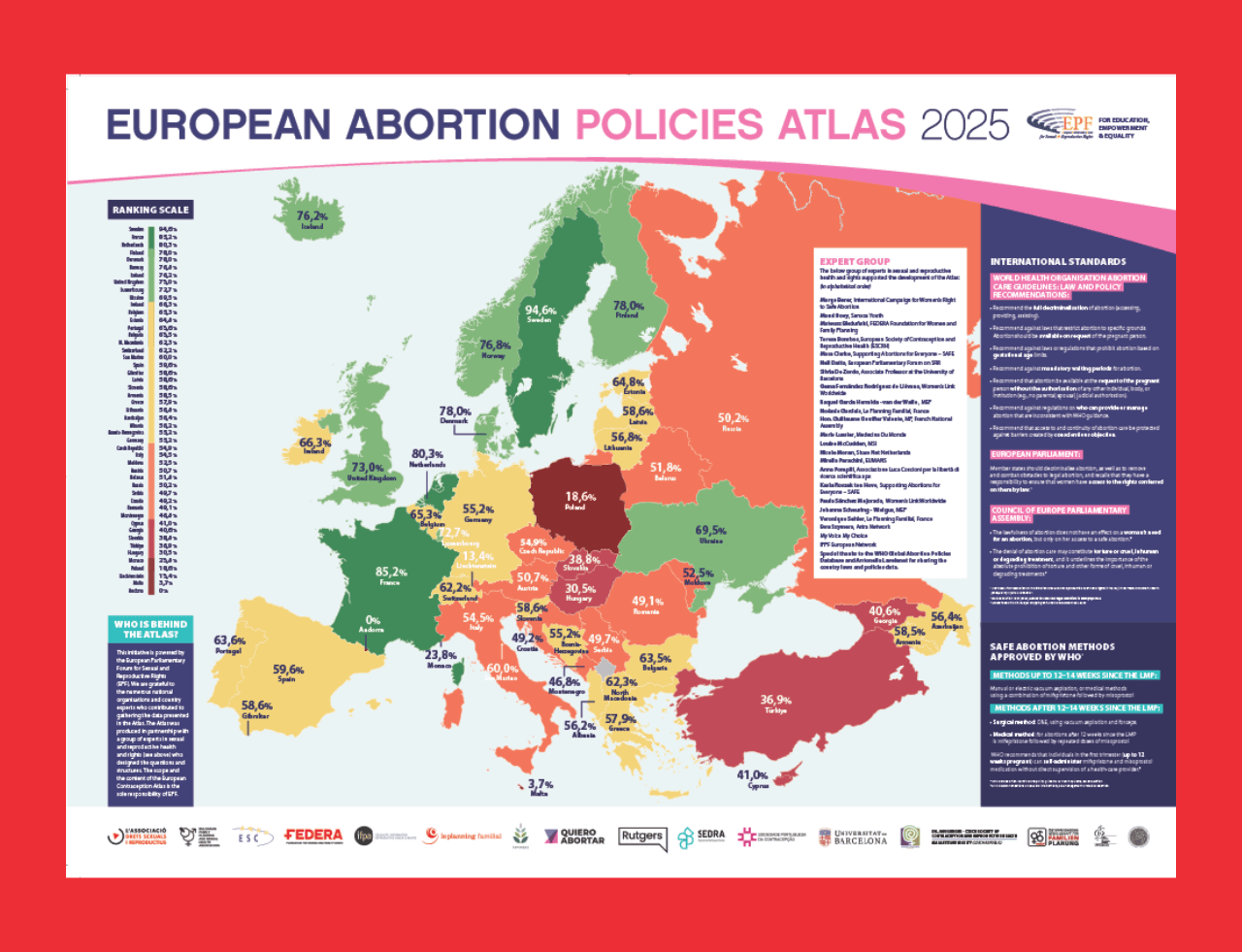Case R.R. versus Poland
The second Polish case, decided by the Court in 2011, was R.R. versus Poland. It concerned a woman who found out during her pregnancy that there was a risk that her foetus suffered from a serious genetic defect (Turner syndrome). Although the Family Planning Act indicates the necessity of only a high probability of foetus malformation, diagnostics in this condition could offer a certainty as to whether or not the foetus had it. Because the woman admitted that in case the defect was confirmed, she would consider terminating the pregnancy, the diagnostic process was extremely extended in order to make it practically impossible. Despite the availability of procedures, equipment, and qualified medical staff, the woman was being denied the prenatal tests for over six weeks. She was hospitalized multiple times without any reason, she had blood tests and ultrasound, which were pointless and she was kept in uncertainty as to the condition of the foetus. When the prenatal testing was finally conducted and the results were obtained, it was already too late for legal abortion. As a result, the woman was practically forced to give birth to a sick daughter.
The Court upheld the existing line of jurisprudence and decided that such behaviour of doctors and lack of adequate procedures constituted a violation of the right to respect for private and family life (Article 8). The Court reiterated its observations regarding the conscience clause and the “chilling effect”. It also stressed that the fact that a woman anticipates the decision to terminate pregnancy must not result in withholding information about the foetus or making it impossible for her to obtain such knowledge. This judgment should be treated as another milestone in constructing the standard of protection of reproductive rights as human rights and there are several arguments for that. First of all, the case did not directly touch upon abortion, only access to prenatal diagnosis. Nevertheless, the Court in its decision contained key issues related to abortion, because it thought that in this case these issues must be considered together, and the circumstances which lead to the violations, were significantly
interlinked. Secondly, the Court found that the patients’ right to information about their health (and in case patient is a pregnant woman, the health of the foetus is an integral part of the health of the woman) falls within the scope of private life and is therefore protected by the European Convention.
The most critical breakthrough was however the Court’s decision that the situation the applicant had experienced, the doctors’ treatment and approach towards her and the lack of the state’s response to these violations, exceed the threshold of minimum severity, which was associated with the fact of being pregnant. Exceeding the threshold constituted a violation of the prohibition of torture (Article 3). Although the Court did not claim that torture took place, in a groundbreaking way it identified the applicant’s suffering as inhuman and degrading treatment. It was the first such decision in the history of the Court with respect to reproductive rights. The Court also emphasized that the woman did not have access to any legal measure that would give her a chance to benefit from the additional diagnosis of the foetus, which also was considered a violation. This judgment has still not been implemented by the Polish government either.




